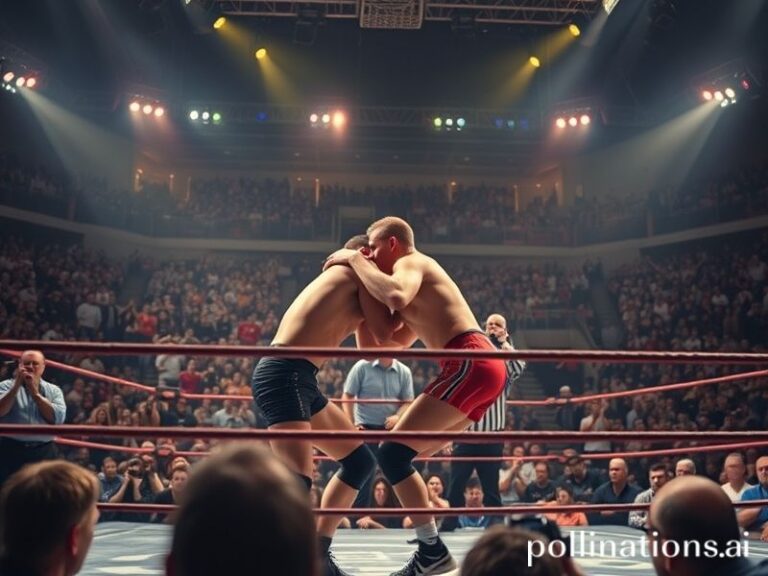Greg Taylor: The Scottish Left-Back Exporting Small-Nation Grit to the Data-Driven World
From the balmy banks of the Clyde to the fluorescent glare of Turf Moor, Greg Taylor has evolved from a boyhood Celtic fan into a walking referendum on the state of modern football—complete with all the contradictions, neuroses, and transfer-mark-to-market arbitrage that entails. While most of the planet sorts out inflation, war, and whether to keep tweeting through the heat death of civilization, an entire micro-economy has sprung up around the 26-year-old left-back’s metatarsals. It’s almost touching, in the same way that watching billion-dollar satellites crash into each other is touching.
Let’s zoom out. Taylor’s rise from Kilmarnock’s windswept Rugby Park to Scotland’s starting XI at a second consecutive European Championship is, on paper, a heart-warming tale of perseverance. A local lad, 5-foot-8 in his thickest socks, overcoming the twin Scottish curses of horizontal rain and managerial churn. But zoom further—say, to the glass towers of Qatar’s beIN Sports, where rights packages are diced into NFTs and sold to the highest bored oligarch—and Taylor becomes a data point in a far grander experiment: can a nation of five million continue to export elite full-backs faster than its own population emigrates?
The experiment is being monitored in real time from Lagos to Leipzig. Nigerian scouts stream Scottish Premiership matches at 4 a.m., timing Taylor’s recovery runs with the same fervor they once reserved for tracking Brent crude futures. In Leipzig, Red Bull’s analytics department has already built a composite model of “left-back archetype 3B” that looks suspiciously like Taylor on his most caffeinated day. The implication is clear: in a globalized game, even the allegedly parochial Scottish top flight is just an intern’s SQL query away from influencing pressing traps in the J-League.
Meanwhile, geopolitics barges in like a drunk uncle at Christmas. The UK’s post-Brexit work-permit rules mean Taylor’s Scotland caps are now a tradable currency—each appearance hardens the stamp in his passport against the day Borussia Dortmund decides it needs more “British steel.” Down in London, lobbyists for the Premier League’s self-satisfied Big Six argue that restricting foreign imports will “protect homegrown talent,” apparently unaware that homegrown talent is already busy protecting one-goal leads in Baku. The irony is rich enough to clog arteries.
Speaking of arteries, let’s not forget the fans. From Toronto to Tbilisi, Celtic’s diaspora don retro 1988 centenary tops and stream Taylor’s overlapping runs on illicit IPTV services. They debate inverted full-back theory in Discord servers named after Bobby Murdoch quotes, blissfully ignorant that their subscription fees ultimately trickle up to some private-equity fund registered in Delaware. The global game has become a Russian nesting doll of monetized nostalgia; Taylor is merely the smallest doll, still somehow smiling.
And yet, there he is on Tuesday night, sliding across the wet grass of Hampden to block a last-minute cross, while half the stadium live-streams the moment to followers who’ll never set foot in Glasgow. The roar that follows is equal parts tribal relief and algorithmic dopamine—the sound of 50,000 human hearts realizing they’ve become content creators for the same streaming platforms that may one day replace them with AI-generated highlights voiced by Andy Robertson’s deepfake.
If football is the universal language, Taylor speaks it with a pronounced Ayrshire accent and a GPS vest under his shirt. His every pivot and positional shuffle feeds dashboards in Seattle, Shenzhen, and São Paulo, reminding us that no man is an island—except perhaps when marooned at left-back against Kylian Mbappé, in which case you might as well be Atlantis.
The broader significance? Simple. While the world obsesses over which septuagenarian will next get the nuclear codes, Greg Taylor demonstrates that the true unit of power has become the overlapping run—something simultaneously local and global, ephemeral yet immortalized in 4K, heroic and utterly commodified. In short, he is the beautiful game’s latest proof that humanity can monetize literally anything, including its own joy. And should the planet tilt further into chaos, at least we’ll have slow-motion replays of a wee Scottish lad sliding tackles on endless loop, forever buffering, forever young.







